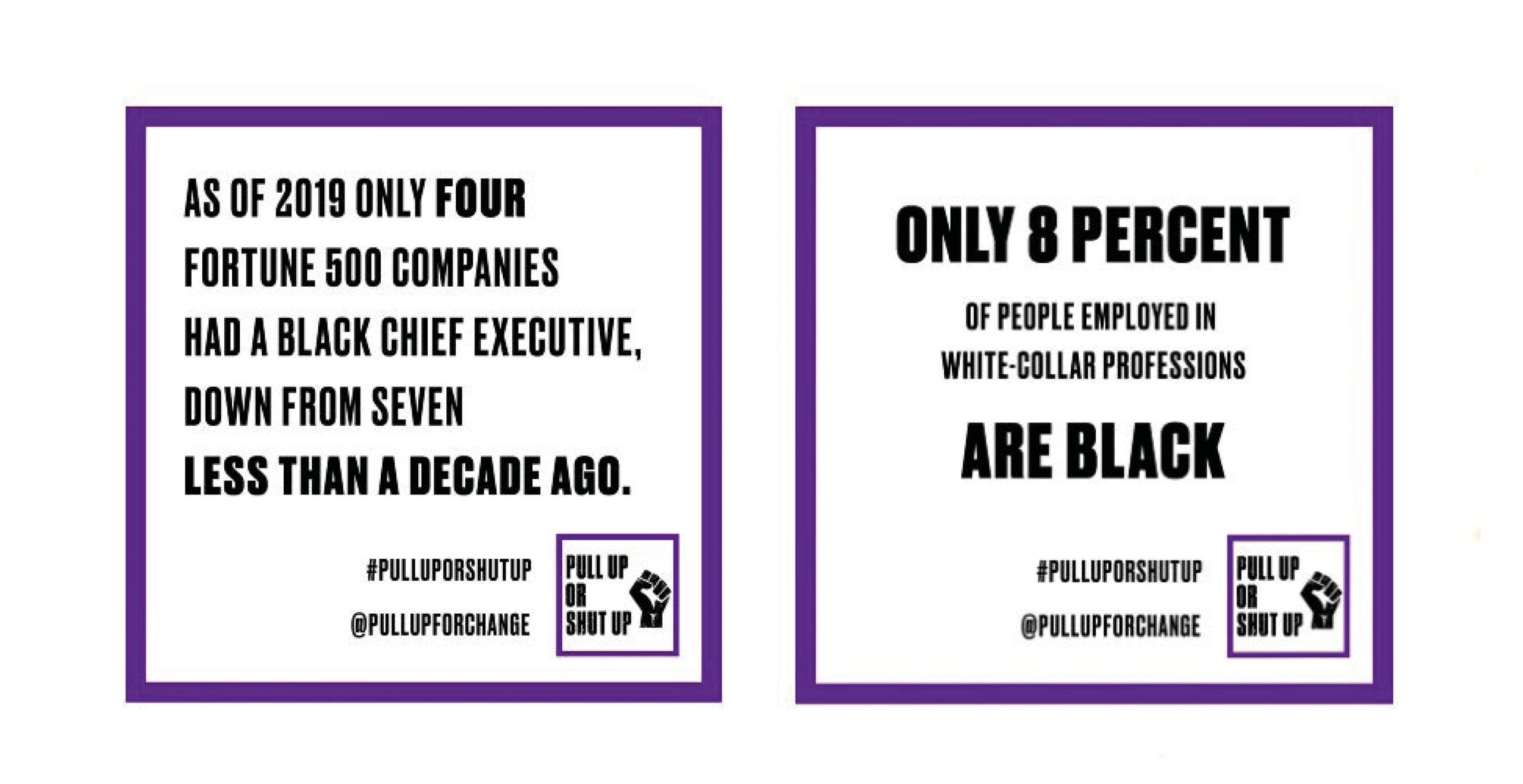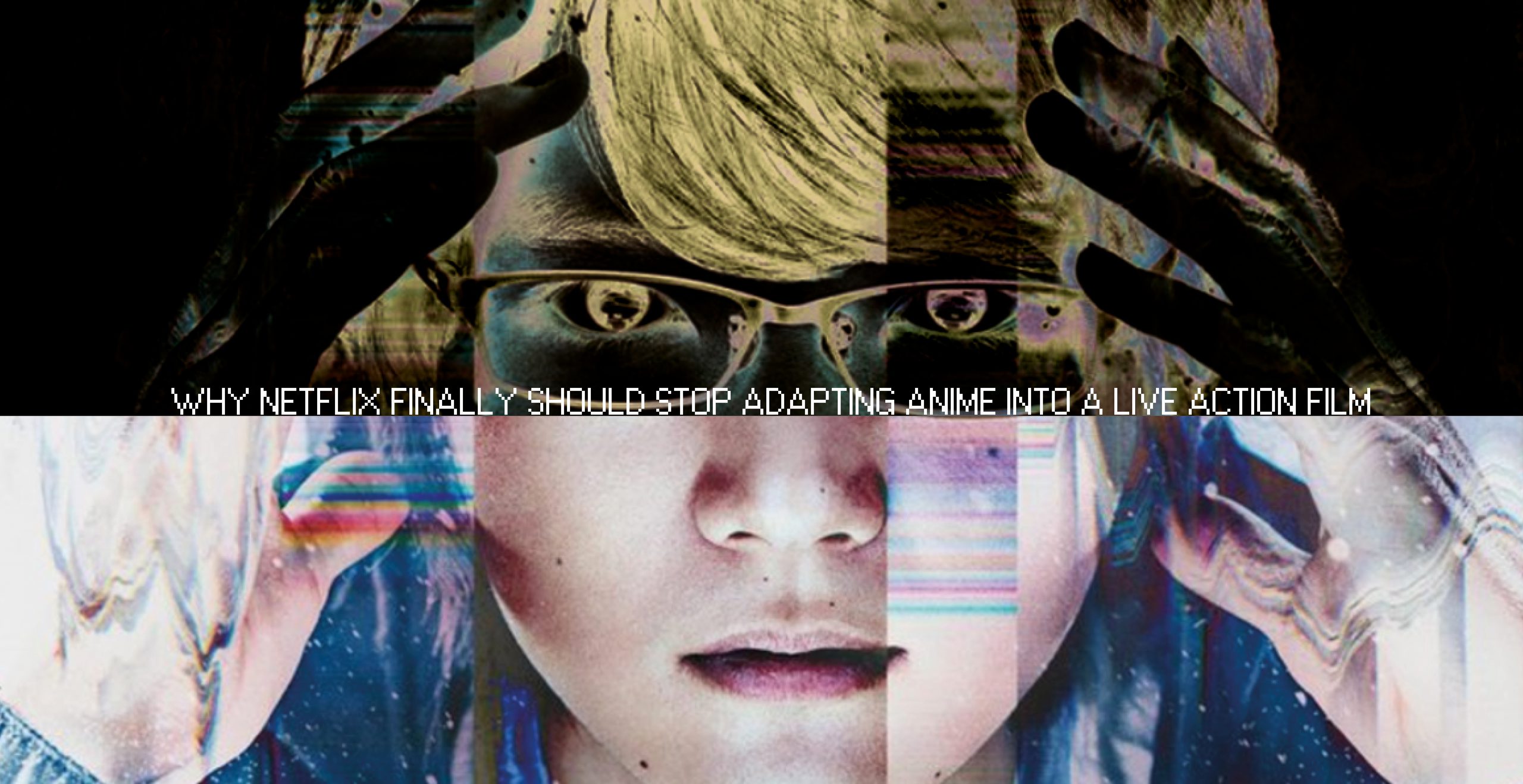Some years ago, the well-remembered series Fleabag and Broad City brought to the screen the portrayal of less expected types of womanhood. Between sarcasm, dry and dark humour, and a great deal of reckless attitude, Ilana and Abbi from Broad City, and Phoebe from Fleabag, garnered international attention for their outrageous, hilarious approach to sexuality, friendships, and challenges. In fact, with the global popularisation of online streaming platforms, female representation on TV comes in solid waves, visible to everyone, the praise of certain qualities that reflect current conversations.
That’s how recent series are highlighting the new generation’s mindset—that women can be many things but always loving and earnest to fight for gender equality. While previous sitcoms, starting with Sex and the City, heralded a generation of unfiltered, bossy women, the new series portrays feminist ideas embedded in the ordinary—a kind of awareness to voice ideals rather than wearing the face of reluctance against misogyny and gender stereotypes. I’m saying this as I think of Bridgerton, the widely praised period drama series that serves idealistic romance and soft porn while unveiling the friction between patriarchy, progressive ideals, and uncultivated femininity—uncultivated in the sense that behaviours were expected from them with no space to reflect upon them.
Rewriting the past
But while the soap opera, all Victorian style, dives into the shallow and the beautiful, and remains easy to digest, many of its female characters continuously point at the liberties men are granted and the rigid cage women are placed in. These remarks spoken from a feminist mindset are anything but subtle, delivered loudly episode after episode. Whether the Netflix show is successful at embracing feminism, what’s striking is the way it allows viewers to reimagine the past—one in which women, from their position of lacking autonomy to decide their own lives, are portrayed with eloquence and grace to voice their desires and fulfil them within their own capacity. A contrasting representation of the past, especially of that period, which sees women as subordinate, quiet, and by the side of men.
But this application of feminism, however shallow or remarkable, extends too to the new TV show about Griselda Blanco, a narco trafficker known for the bloody war she led in the 90s in Miami. In this docuseries, the female criminal is portrayed against a moving feminist narrative that delves into the challenges Griselda faced in a male-dominated criminal world, and the horrifying decisions she made to be able to earn rightfully a position of power and respect. At her right, at least initially, a matriarchy powered by sex workers supported the business of Griselda who offered them security and income.
Is it feminism?
In all of this, no matter how flimsy the shroud of feminism is, it’s interesting to revisit past events with a focus on how different women, willingly or not, challenged the power dynamics of gender. Little can we imagine how women of the highest society of England or a narco femme could have led the path to a more equal society. And that is perhaps what giant online streaming platforms have been successful at—portraying women whose lives and minds are anything like ours, and yet, we can sympathise with.
Of course, in times when female emancipation is highly discussed, there is no doubt that these tv shows capitalise on such ideas, even if that means manipulating the original narrative. In fact, giant distributors such as Netflix and Amazon Prime buy distribution rights before the post-production of any production in order to shape the final outcome and make the content more commercially viable. And here’s the key to understanding that all these indie and not-so-indie productions, no matter how niche and genuine they are, are ultimately made to fulfil commercial gains and not to spell truths. Anything we see on these platforms is made to please a large number of stakeholders and their personal interests, in line with what’s in vogue and likeable or supported by the masses. After all, weren’t more complex female characters desired for such a long time?
*Header: Griselda (2024) © Netflix




























